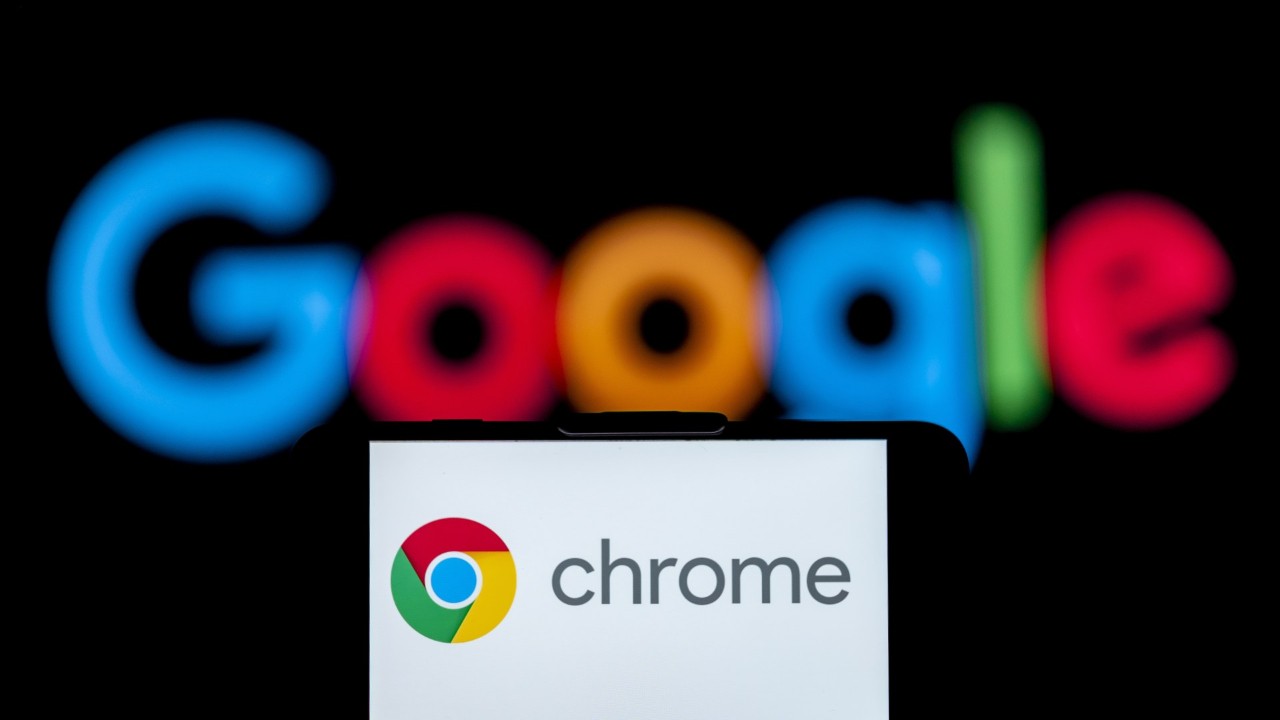Google announces the end of tracking cookies in Chrome
In a significant move for privacy, Google has declared the discontinuation of tracking cookies in its Chrome browser.

In an era where the security of personal data is a growing concern, Google has taken a significant step towards enhancing user privacy in its Chrome web browser. The tech giant recently announced its plans to phase out support for third-party cookies, a move aimed at reducing online tracking and enhancing user privacy.
Cookies, particularly third-party ones, are small text files used by websites to identify and track users. These cookies, typically created by external websites visited by the user, have been commonly employed by advertisers to track users' online activities. Google’s decision to remove these cookies is a move towards limiting the tracking of users’ online activities, potentially reducing targeted advertisements and helping users maintain their online privacy.
This initiative by Google is not entirely new, as the company had previously announced plans to phase out third-party cookies. However, the exact timeline for this change was unclear until recently. Google has now stated that they will start this process in January 2024. This change won't immediately affect all users, as Google plans to initially apply this policy to just 1% of Chrome users, gradually expanding to all users by the second half of 2024.
Google announces the end of tracking cookies in Chrome
For websites that rely on cookies for functionality, Chrome will offer a workaround. If a site experiences issues due to the absence of cookies and Chrome detects this, users will be given the option to re-enable cookies for that specific site, possibly after multiple page refreshes.
While this move by Google marks a significant step towards enhanced privacy, it has been met with some skepticism. Critics point out that Google, known for collecting extensive user data, might be using this change to limit competition in the advertising space. Despite claiming to prioritize user security, Google remains largely silent on its data collection practices, leading some to question the company's motives behind this decision.
It's important to note that Google Chrome is not the first browser to restrict third-party cookies. Competitors like Safari, Firefox, and Brave have already implemented similar measures, positioning themselves as some of the safest browsers available in terms of user privacy.
 Tesla introduces new generation humanoid robot Optimus Gen 2Cars
Tesla introduces new generation humanoid robot Optimus Gen 2Cars





